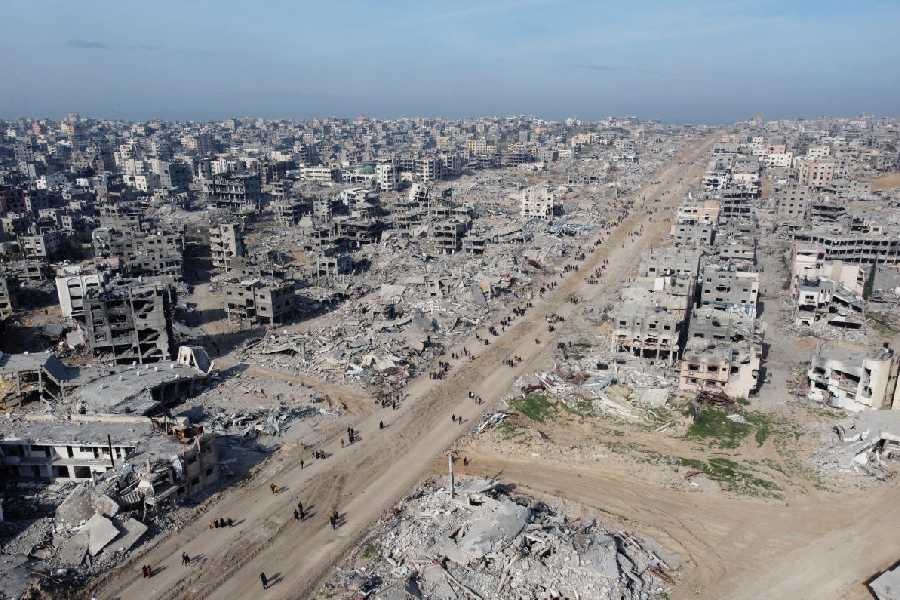When the Rwanda genocide took place in 1994, Facebook was still a decade away from making an appearance. In the more recent genocide of the Rohingyas in Myanmar in 2017, Facebook proved to be an algorithmic accomplice, facilitating the dissemination of vicious messages and hate speeches.
What makes the current Israeli military action in Gaza unique in the sordid history of genocides is the fact that it is unfolding in real time and being disseminated to our devices through mainstream and social media. As people watched in disbelief the mounting death toll, many people across countries were moved to demonstrate against Israel’s military purge. Yet, Western governments largely remained unmoved about acting against Israel.
This inaction is symptomatic of three things that are worth considering.
First is the ineffectiveness of the international legal architecture that was crafted by the West led by the United States of America after the Second World War. Its components included the Nuremberg and Tokyo Trials and the Genocide Convention of 1948, which has proved to be inadequate. These rudiments of an international rules-based order were supplemented half a century later in the 1990s by the International Criminal Court which, incidentally, the US had opposed. The ICC itself drew from the legal precedents established after two major genocides of the decade that led to the creation of the International Criminal Tribunal for the Former Yugoslavia in 1993 and the International Criminal Tribunal for Rwanda in 1994. This legal architecture must be reinforced to dismantle the inertia that has been permitted by Western hegemony.
Second, the Genocide Convention has been invoked by supporters of Israel to almost imply that Israel can never be accused of genocide as the Convention was created in response to the massacre of millions of Jews by Nazi Germany. Given the International Court of Justice’s interim judgment on January 26 this year, the genocide label has stuck to Israel. The political scientist, Mahmood Mamdani, argued in his book, Neither Settler Nor Native, that the nation state is potentially genocidal. Furthermore, this genocidal potential is rarely reined in by the international community even when early warning signs of genocide are often clearly discernible.
Third, one way to ascertain genocidal intent would be to see the manner in which the side committing genocide deflects blame onto the victim. The Israelis and their supporters have, on numerous occasions, suggested that the Palestinians pose an existential threat to Israel. This was also true of Slobodan Milosevic who in the late 1980s kept claiming that the Serbian population in the autonomous region of Kosovo would be a victim of genocide. This then became the grounds for the violence that Serb nationalism perpetrated under Milosevic.
The hypocrisy at the heart of Western hegemony must become the basis of envisioning a robust, rules-based order for a new world that can emerge from the dysfunctionality of the former. Encouragingly, ordinary people have come out in thousands in major Western cities to protest against their governments’ inaction on Gaza. The political sterility of every major Western country — the US, Germany, France, the United Kingdom — has become even more glaring given the clamping down of views critical of Israel. The West, which has often risen to the defence of free speech, has encouraged the enforcement of silence on criticism of Israeli actions. But the truths of Gaza continue to emerge through the cracks.
Israel and the West have often talked of what would happen to Gaza when the fighting stops. Given the death and destruction, that day may actually prove to be a day of reckoning for Benjamin Netanyahu and the West.
Amir Ali teaches at the Centre for Political Studies, JNU











